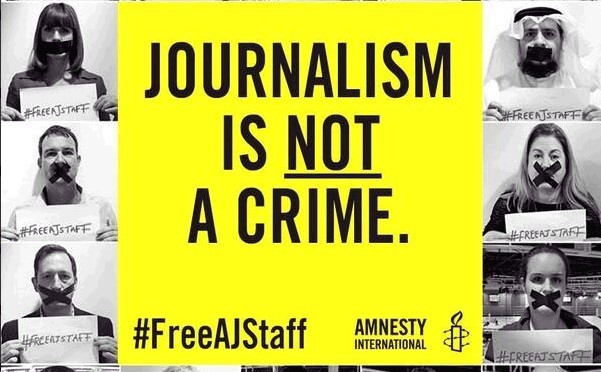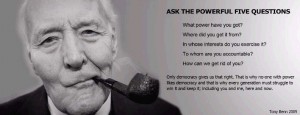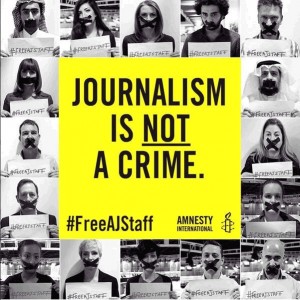Psephology is literally the -ology or study of pebbles – Greek ψῆφος psephos, or ‘pebble’, or the more prosaic, study of elections. It is a branch of political science notoriously fraught with failed election predictions via pre-election sample polling that can totally miss the main result. The term was first used in the UK in 1952 by historian R B McCallum to describe “the scientific analysis of past elections”. Elections and ‘scientific’ seem somewhat oxymoronic to me!
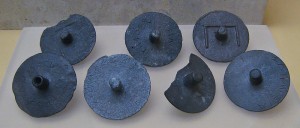 Voting using pebbles or such common items such as mussel shells was certainly in use in 5th century BC Greece and earlier. By the 4th century BC some were using bronze or lead ballots with solid or hollow axles through the middle to distinguish between voting outcomes. The ballot with the pierced axle is inscribed “psephos demosia” or “public ballot”.
Voting using pebbles or such common items such as mussel shells was certainly in use in 5th century BC Greece and earlier. By the 4th century BC some were using bronze or lead ballots with solid or hollow axles through the middle to distinguish between voting outcomes. The ballot with the pierced axle is inscribed “psephos demosia” or “public ballot”.
We get the word “ballot” from the Italian word ballotta or medieval French ballotte, a “small ball”. The casting of ballots is not to be confused with the throwing of stones such as done by a ‘ballista’, the medieval siege engine that could fire heavy bolts or large round stones. Latin ballista comes from the Greek βαλλίστρα ballistra from the Greek verb βάλλω ballō “to throw”.
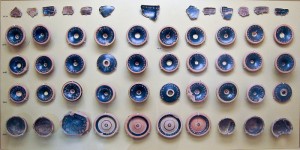 By the 2nd century BC the Romans were beginning to use paper ballots – more practical than the Greek use of ostraka, shells or broken pottery sherds/shards, used to inscribe the names of people to be voted for as election nominees, or for rejection, as persons to be ostracised. Hence why, and from where, we get the word ostracism.
By the 2nd century BC the Romans were beginning to use paper ballots – more practical than the Greek use of ostraka, shells or broken pottery sherds/shards, used to inscribe the names of people to be voted for as election nominees, or for rejection, as persons to be ostracised. Hence why, and from where, we get the word ostracism.
Votes, for or against, guilty or innocent – often a black stone for the former (hence ‘blackballing’ someone) and white for the latter, were deposited in urns or jars and subsequently counted. Initially, votes and voters were not secret or private, but, ever-innovative Greek democracy was beginning to establish the need for secret voting by the 5th century BC.
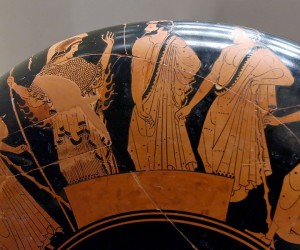 A Greek wine cup of the period,in the J Paul Getty Museum Collection, depicts an early voting scene with an unhappy outcome. During the Trojan War, after the killing of Achilles, two Greek heroes, Ajax and Odysseus, both claim and compete for Achilles’ possessions – his weapons and armour, Ajax having saved and retrieved Achilles’ body from battle with the Trojans. Rather than argue or duel a vote is held. The terracotta wine cup shows Odysseus getting more pebbles and Ajax’s head-in-hands disappointment leading to him committing suicide by falling on his sword. He’d lost by just one vote and ironically took his life on a pebble beach, as depicted on the inside of the cup.
A Greek wine cup of the period,in the J Paul Getty Museum Collection, depicts an early voting scene with an unhappy outcome. During the Trojan War, after the killing of Achilles, two Greek heroes, Ajax and Odysseus, both claim and compete for Achilles’ possessions – his weapons and armour, Ajax having saved and retrieved Achilles’ body from battle with the Trojans. Rather than argue or duel a vote is held. The terracotta wine cup shows Odysseus getting more pebbles and Ajax’s head-in-hands disappointment leading to him committing suicide by falling on his sword. He’d lost by just one vote and ironically took his life on a pebble beach, as depicted on the inside of the cup.
Well it was civilised up until that point! One can only imagine the losers in modern elections or contests like Eurovision and X-Factor falling on their swords after losing. Although, the psychological pressure to win in these talent competitions is so intense that I don’t doubt many end up depressed, self-harming or worse.
In the Bible, in Acts 26:10, St Paul describes how pre-conversion he’d sent Christians to their deaths by casting his vote (psephon, Strong’s Number #5586) against them.
Psephos is also the eponymous name of Adam Carr’s excellent Election Archive, the world’s largest online archive of election statistics from 182 countries and counting – Eurovision, So-and-so’s Got Talent, and X-Factor shows are not included! It includes excellent coverage of Australian, US, and UK, elections down to regional results.
 Polling and predictions are perilous tasks for the non-psychic, being as relied upon in reality as an aquarium octopus vulgaris divining the World Cup results. Actually, Paul the German ‘common’ (for that is what vulgaris literally means) octopus was fairly accurate in his short 2 year life at predicting German football results! He was 85% right about the 2010 World Cup results and 100% right about the German games.
Polling and predictions are perilous tasks for the non-psychic, being as relied upon in reality as an aquarium octopus vulgaris divining the World Cup results. Actually, Paul the German ‘common’ (for that is what vulgaris literally means) octopus was fairly accurate in his short 2 year life at predicting German football results! He was 85% right about the 2010 World Cup results and 100% right about the German games.
In order to better illustrate, inform, and “sex-up”, the presentation of political results, the BBC began, as far back as 1955, using the now infamous Swingometer – not an indicator of how polyamorous one is at certain private parties! Initially, the Swingometer was created to show swings between the two main political parties. From 1964 it began to illustrate the likely effect of voting on the composition of the UK Parliament, number of seats, majority or hung parliament outcomes.
 The Swingometer was invented by Peter Milne and enhanced by psephologist Robert McKenzie, who, though Canadian, was one of the main BBC’s General Election programme presenters (1955 to 1979). McKenzie had also been, in 1963, a strong interviewer, a.k.a. early Jeremy Paxman-style, of Lord Hailsham during the infamous Profumo scandal.
The Swingometer was invented by Peter Milne and enhanced by psephologist Robert McKenzie, who, though Canadian, was one of the main BBC’s General Election programme presenters (1955 to 1979). McKenzie had also been, in 1963, a strong interviewer, a.k.a. early Jeremy Paxman-style, of Lord Hailsham during the infamous Profumo scandal.
The ebullient Peter Snow took over, following McKenzie’s death, and became renowned for his excitable gesticulations and reintroduction of the Swingometer from 1992. In 1994, he parodied his election night role by presenting analysis of the Eurovision Song Contest entries.
With the onward march of technology and television, election coverage has become ever more graphic, not in the Game of Thrones violence sense, just a plethora of graphical data, charts, numbers, infographics, visuals – but it seems the predictions are no better and people no more interested in participating.
Referendums (or referenda – see below) have been held recently in Crimea and Donetsk with dubious methodologies and legitimacy. Voter turnout of around 75% and pro-Russian support were surprisingly high for a nation that 22 years ago voted 90% in favour of leaving the Soviet Union. But then, that’s politics for you. Political affiliation and union, these days, needs its own swingometer to measure current dissatisfaction with the incumbent rulership.
The UK will soon have its own referendum on full devolution for Scotland – why not Wales, Northern Ireland, London and Greater Birmingham too? The fabulous 1949 Ealing Studios comedy, Passport to Pimlico, comes to mind with its comedic declaration of independence!
The main political parties are also under pressure to offer a referendum on leaving the European Union, unfortunately it is the European Broadcasting Union we would have to leave to get out of the Eurovision Song Contest!
At least pedants will always be able to argue whether it is referendums or referenda – it doesn’t affect the outcome, but is something to talk about during the vote count!
[Parts of this article were first published by me here]
Image Credits
http://en.wikipedia.org/wiki/File:Athenian_Secret_Ballot.jpg
http://commons.wikimedia.org/wiki/File:AGMA_The_Ostracism_of_Themistocles.jpg
http://commons.wikimedia.org/wiki/File:Voting_scene_BM_E69.jpg
http://en.wikipedia.org/wiki/File:Oktopus-Orakel_Paul_mit_Schuh.JPG
http://en.wikipedia.org/wiki/File:Swingometer.jpg low resolution fair use for the purpose of identification and reference

